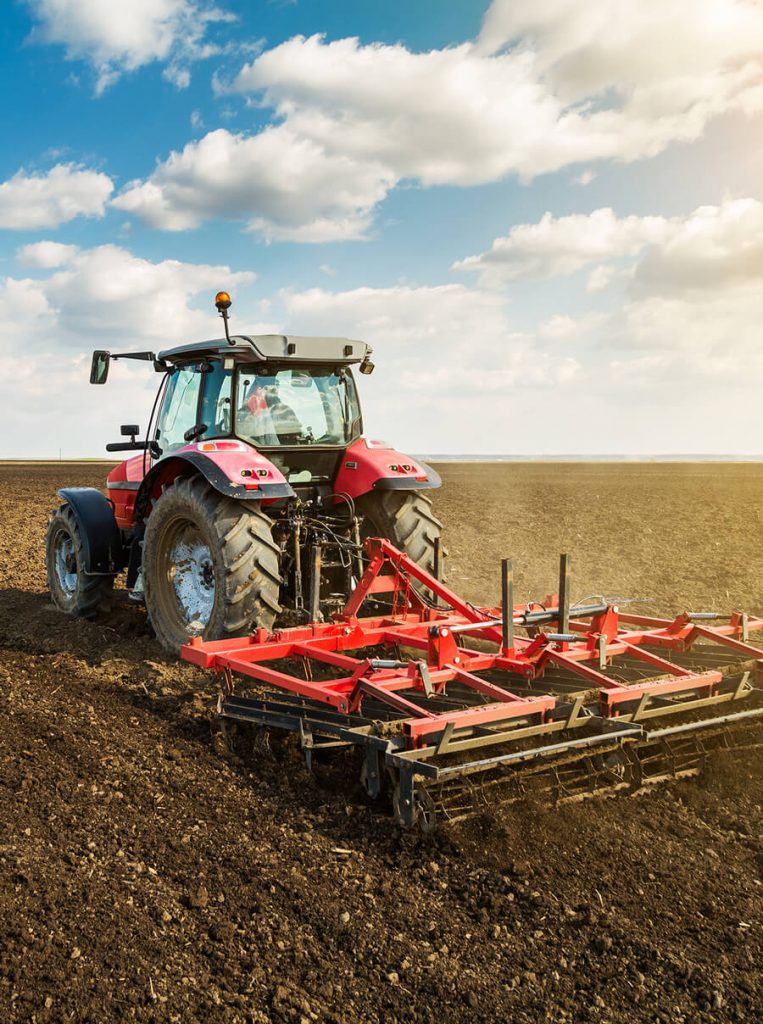Business Session 1
Business Session 1 (Code BS 1): 12 November 2019 (11:30 – 13:15 hrs.)
Session Theme: Mainstreaming Sustainable Agriculture to Achieve 2030 Agenda
Session Organizer: APRACA, AFRACA, CICA, ALIDE and NENARACA
Background:
Sustainable production and food systems transformation will be central to achieving the 2030 Agenda of the United Nations. The interlinked goals of poverty reduction (SDG 1), zero hunger (SDG 2) and improved health (SDG 3) along with the goals relating to gender equality (SDG 5) and sustainable consumption and production (SDG 12) can all be tackled by achieving inclusive and sustainable development of the systems and process.
The observations made by Food and Agriculture Organization of the United Nations (FAO) in this regard are : (a) the food production systems need to respond to a fast growing population, changing diets, greater urbanization, rising obesity and malnutrition and natural resources that are increasingly overburdened and impacted by climatic shocks; (b) sustainable production in agriculture, forestry and fisheries requires specific attention to the management and use of natural resources, including soil, water, energy and biodiversity and (c) Resilience is a major factor in ensuring sustainable agriculture, fisheries and forestry. The experiences across the continents showed that there are many opportunities to conserve resources while also increasing agricultural productivity and improving livelihoods. As per the classical definition, Inclusive growth means turning economic expansion into better living standards for all, creating opportunities and improving livelihoods across and within societies.

Problem statement:
Policy makers are in agreement that the transition to more sustainable agriculture and food systems requires a multidimensional approach, meaning thereby the actions should not only focus on promoting changes in production systems and practice but should also build partnerships and alliances with stakeholders both within and beyond the food and agriculture sectors. It was observed that the private sector is potential to drive changes due to their efficiency of leveraging investments in the promotion of precision farming. The primary producers play an important role in agricultural transformation and need to be included in the development process and public-private-producer partnerships need to be promoted to gain from potential global value chains.
The aforesaid transformation, however, will require financing and the question remains on the pathways to unlock required funds and policy measures for development of sustainable agriculture and rural enterprises which essentially will synchronize into the broader development goals at the country and regional level. It was observed that innovative financial instruments and services are being used to fund the food systems to make it efficient. For example, blended finance from a range of different actors are found to augur well with the food systems transformation. Governments across the world currently provides half a trillion dollars a year in direct and indirect agricultural subsidies each year, but those do not necessarily generate the best outcomes in terms of inclusiveness and sustainability.
Expected Output:
The experts of this opening business session (BS1) of the 6 th World Congress have been drawn from public and private institutions who will deliberate on this most talked subject and expected to provide some pathways so that the national governments will be able to redesign the public support programmes in agriculture and allied activities which could really go a long way to mainstream sustainable agriculture. The session detail is appended below:
| 11:30 to 13:15 | Business Session 1 (Code BS 1): Session Theme: Mainstreaming Sustainable Agriculture to Achieve 2030 Agenda (Session hosted by organizing committee of World Congress) |
| |
| 13:15 to 14:00 | Lunch break |
